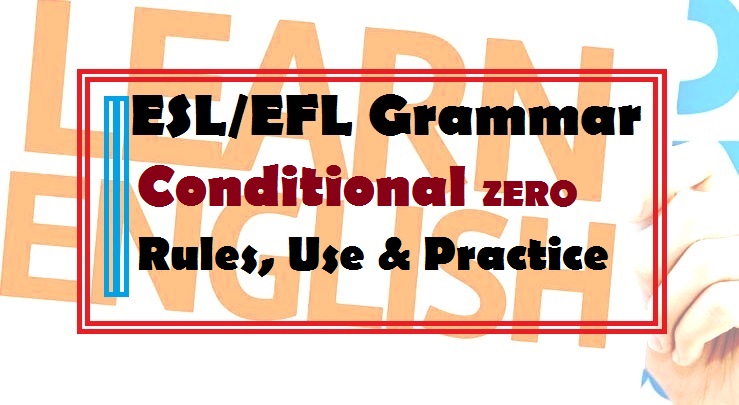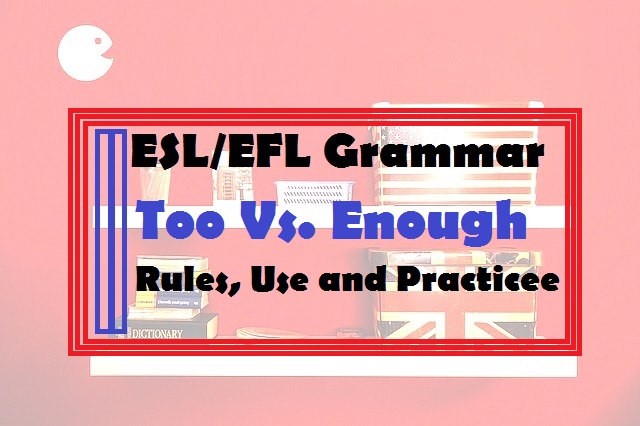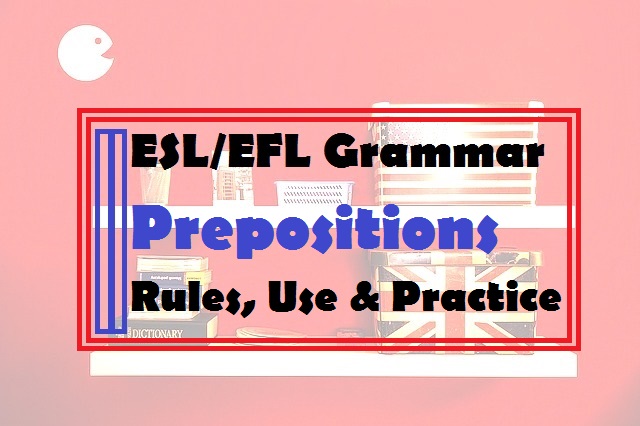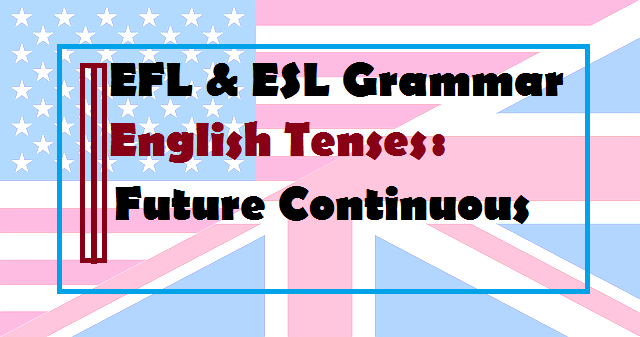The use of the conditional type zero in English (EFL/ESL Grammar: rules, use and practice)
Use of conditional zero
Conditional zero is used when the result will always happen. So, if water reaches 100 degrees, it always boils. It’s a scientific fact.
It is also used to describe situations which are always true, give advices and instructions.
Notes:
- You can replace the “if” in this conditional with “when” without changing the meaning.
- The ‘if’ in this conditional can usually be replaced by ‘when’ without changing the meaning.
The form of conditional zero
| (if + present simple, … subject + present simple) |
conditional type 0 sentences have two clauses. The if-clause begins with if. The second clause is the result clause. Result clause If-clause.
Example:
If you do an English course (this is the “if” clause), you improve your English (this is the result clause).
Note:
The result clause can go in front of the if-clause. In this case, no comma is necessary.
Example:
You improve your English if you do an English course.
More examples:
- If you eat too much, you get fat.
- If you put your hand on fire, you get
- If people are hungry, they eat.
- When spring comes, the flowers bloom.
Take Quiz
Check your understanding here....








